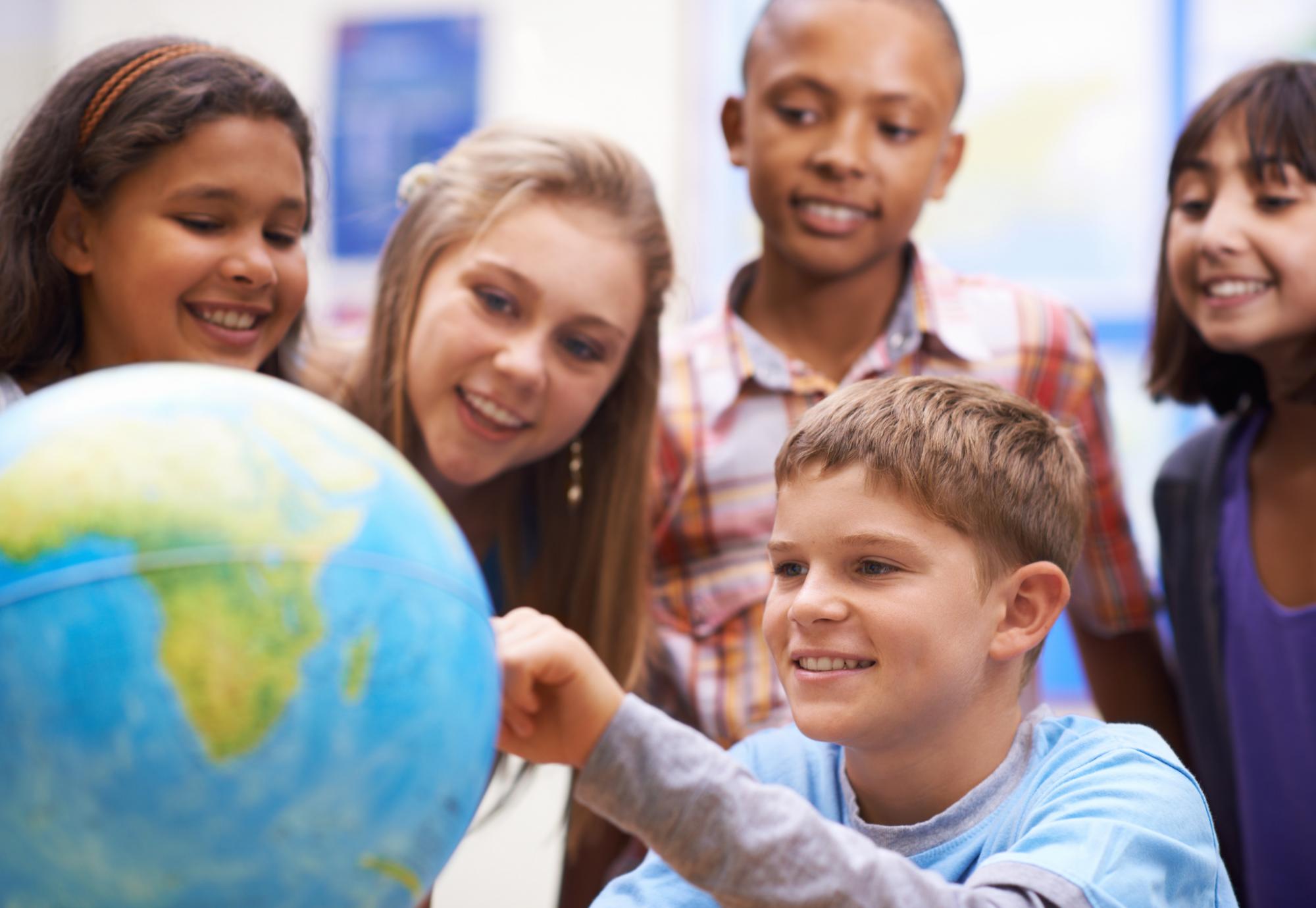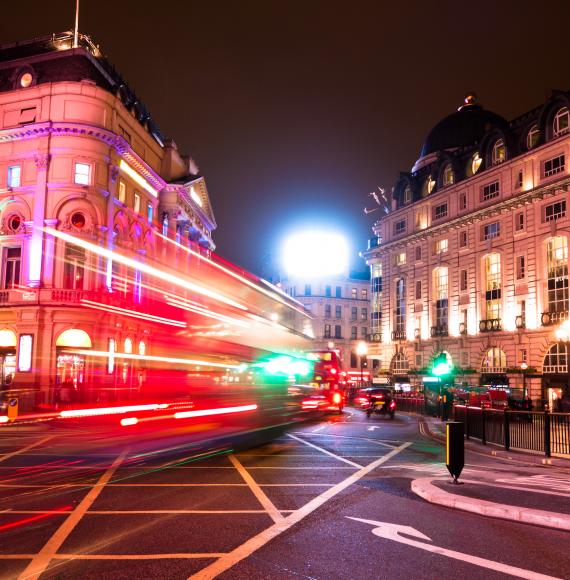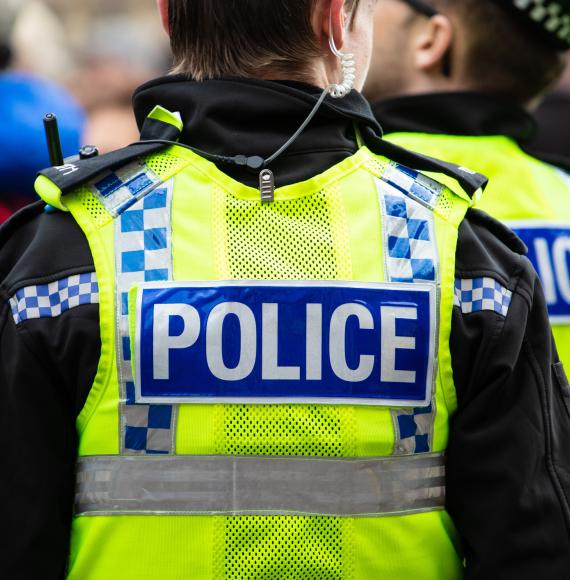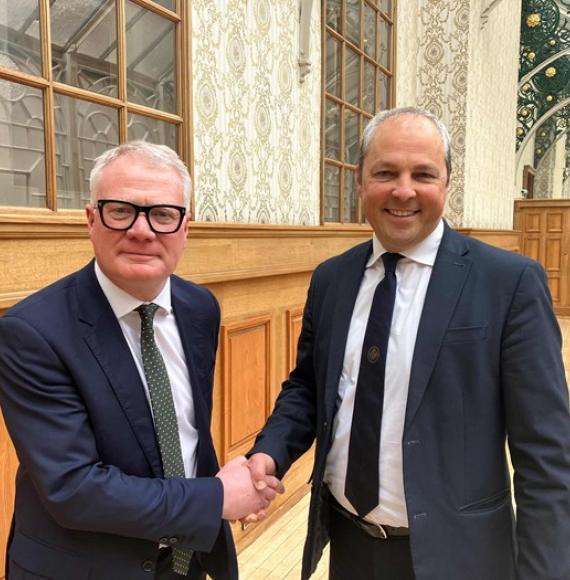Speaking at COP26, the Education Secretary Nadhim Zahawi has announced a range of new measures to position climate change as a key part of education.
A model science curriculum is set to be in place by 2023, supporting teachers to deliver world-leading climate change education to pupils, teaching them about nature, their impact on the world around them, and the importance of conserving and protecting our planet.
Increased biodiversity in the grounds of nurseries, schools and colleges is also hoped to encourage children and young people to get involved with the natural world.
Educators will be encouraged to incorporate practical experiences with nature, for example installing bird feeders, and utilise these to help aid teaching.
Friendly competition will also be encouraged, with data able to be uploaded onto a new, virtual National Education Nature Park – allowing them to track progress against other schools around the country, increase their knowledge of different species, and develop skills in biodiversity mapping.
Improving biodiversity on school sites is seen as an effective opportunity to reintroduce nature, particularly in urban areas. Collectively, the grounds of schools, colleges, nurseries and universities in England cover an area twice the size of Birmingham.
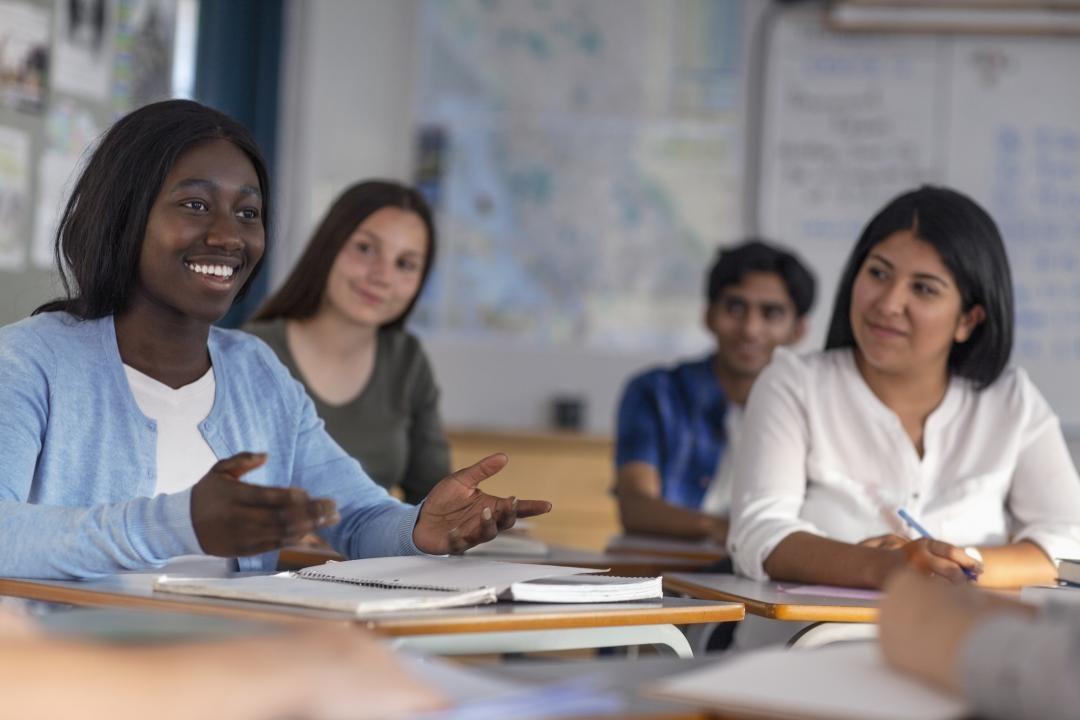
A new Climate Award will also be opened up to children and young people, in recognition of their work to improve the environment. A prestigious national awards ceremony will be held every year.
The Climate Leaders Award will help children and young people develop their skills and knowledge in biodiversity and sustainability and celebrate and recognise their work in protecting the local environment.
An example, provided by the Department for Education (DfE), could be young people choosing to undertake a project which delivers change in their local community, such as increasing the biodiversity of a neighbourhood piece of land, or helping to deliver experiences for younger children to explore nature and local woodland.
Children and young people will be involved in the designing of the award, the Education Secretary confirmed, to ensure it supports them in making positive environmental impacts to their local communities.
Akin to the Duke of Edinburgh Awards, pupils and students will be able to progress through different levels of the award – with a ‘bronze’, ‘silver’ and ‘gold’ level available.
Education Secretary Nadhim Zahawi said: “We want to deliver a better, safer, greener world for future generations of young people and education is one of our key weapons in the fight against climate change.
“Empowering teachers in every school to deliver world-leading climate change education will not only raise awareness and understanding of the problem, but also equips young people with the skills and knowledge to build a sustainable future.
“The COP26 summit has further amplified the UK’s commitments to become a world leader in sustainability right across the education system by engaging young people and bringing them on our journey towards net zero and a green future.
“And it goes beyond the classroom – our National Education Nature Park and Climate Leaders Awards will let pupils get hands on experience of understanding, nurturing and protecting the biodiversity around them.”
The measures announced by the Education Secretary build on recent pledges by the Government for every new school delivered under the DfE’s school rebuilding programme to be “cleaner, greener, and net-zero in operation”.
Plans to test innovative new Energy Pods, which can replace gas and coal boilers and supply all a school’s heating and hot water needs without any carbon emissions, are also set to progress.
These Energy Pods are being tested first in some schools, and if successful could be extended across the school estate and beyond, into other public sector buildings.
‘Energy Pods’ are a low to zero carbon plug and play technological solution which provide heating and hot water to existing school settings via solar panels and technology to maximise their output.

The announcements come as part of the DfE’s commitment to keep the education sector at the forefront of sustainable innovation, helping to meet the Government targets of reducing emissions by 78% by 2035 and reaching net-zero by 2050.
While at COP26, the Education Secretary also held a panel session, in partnership with Italy’s Minister of Education, Patrizio Bianchi, and UNESCO, attended by education ministers from around the world. The talks are aimed at letting education ministers from around the world discuss and draw learnings from one another, planning potential formal pledges to take action to help combat climate change.
UNESCO Assistant Director-General for Education Stefania Giannini said: “For the future of our planet, we need to learn for our planet. We welcome the United Kingdom’s commitment to climate education though its efforts to place sustainability at the heart of their education system.
“New UNESCO data found only half of national educational frameworks have a reference to climate change in them so we are partnering with the Department for Education for today’s event at COP26 where global education leaders will be able to make pledges that set out how they will tackle climate change through education in their countries.”
Italian Minister of Education Patrizio Bianchi added: “These steps from the UK, as well as the many other pledges we have received, recognise the vital role of education in the fight against climate change.
“In Italy, we have introduced climate and sustainability education as a key part of learning to provide everyone with the knowledge, skills, values and attitudes to learn for our planet and act for positive change.
“If other countries do the same as [Italy], the UK and other G20 nations then we stand a better chance of winning this fight.”

